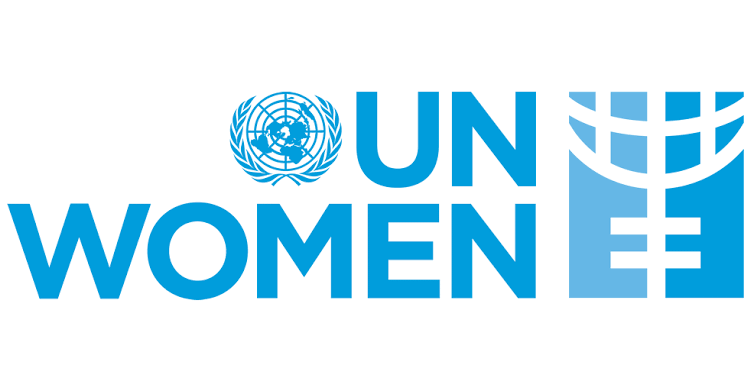A growing network of online communities known collectively as the “manosphere” is emerging as a serious threat to gender equality, UN Women has raised the alarm.
The UN agency dedicated to ending gender discrimination warned that toxic digital spaces are increasingly influencing real-world attitudes, behaviours and policies.
“Manosphere” is a varied collection of websites, blogs and online forums promoting masculinity, misogyny and opposition to feminism.
With more than 5.5 billion people connected online, nearly all of them active on social media, digital platforms have become central to how people interact, UN Women said.
However, they are also being weaponised to spread misogyny and hate, the UN agency said.
Once confined to fringe internet forums, UN Women said the manosphere had now reached into schoolyards, workplaces and is sometimes upending intimate personal relationships.
“We are seeing an increasing trend of young men and boys looking to influencers for guidance on issues like dating, fitness and fatherhood,” it said
Kalliopi Mingeirou, Chief of the Ending Violence Against Women and Girls Section at UN Women, expressed concern that boys were now looking for “validation online”.
She said looking for answers to feel more secure about themselves, these boys encounter “strength” in online communities which also promote harmful attitudes that distort masculinity and fuel misogyny.
“These spaces are really taking advantage of those insecurities and a need for validation,” Mingeirou stressed.
She said boys very often circulated “messages that are very dismissive of women and girls’ positions in society and are often very misogynistic, portraying a very bad picture of women’s rights activists”.
According to the Movember Foundation, a leading men’s health organisation and partner of UN Women, two-thirds of young men regularly engage with masculinity influencers online.
While some content offers genuine support, much of it promotes extreme language and sexist ideology, reinforcing the idea that men are victims of feminism and modern social change.
The most recent UN Secretary-General’s report on violence against women and girls notes that groups within the manosphere are united in their rejection of feminism and their portrayal of women as manipulative or dangerous.
These narratives are increasingly being amplified by social media algorithms that reward provocative and polarising content.
Misogynistic content harms girls and boys, Mingeirou stressed, noting that anonymity makes amplification of sexist and hate speech on platforms easier.
Mingeirou said the abuse of girls by boys not only damages the girls’ mental and physical wellbeing but also poses “a serious risk for democracy in general”.
“Women and girls are feeling less comfortable to be exposed to the risks and threats when they engage in digital platforms.
“And we often see women journalists, women politicians who tend to not engage, because they are afraid of the impact it has on them,” she said.
Underlying that stereotypes create anxiety and harm boys and men alike, Mingeirou added that safe spaces need to be created, so everyone can look for guidance without being subjected to harmful content.
As the world marks the 30th anniversary of the Beijing Declaration and Platform for Action, UN Women warned that the rise of online misogyny posed a direct threat to the progress made toward gender equality.
In response, the UN agency is scaling up efforts to counter toxic digital environments through multi-pronged approach.
Mingeirou said ultimately, education is one of the most effective tools for dismantling the foundation of misogynistic ideology.
Talking to children and adolescents about gender equality, healthy relationships and digital citizenship is crucial to preventing harmful attitudes from taking root.
“It’s not just about protecting girls,” Mingeirou said.
“It’s about creating a world where boys and girls alike can grow up free from the toxic pressures of harmful gender expectations,” she said.



[…] Minister of the Federal Capital Territory (FCT), Mr Nyesom Wike, says the IBB International Golf and Country Club will be renovated and upgraded […]